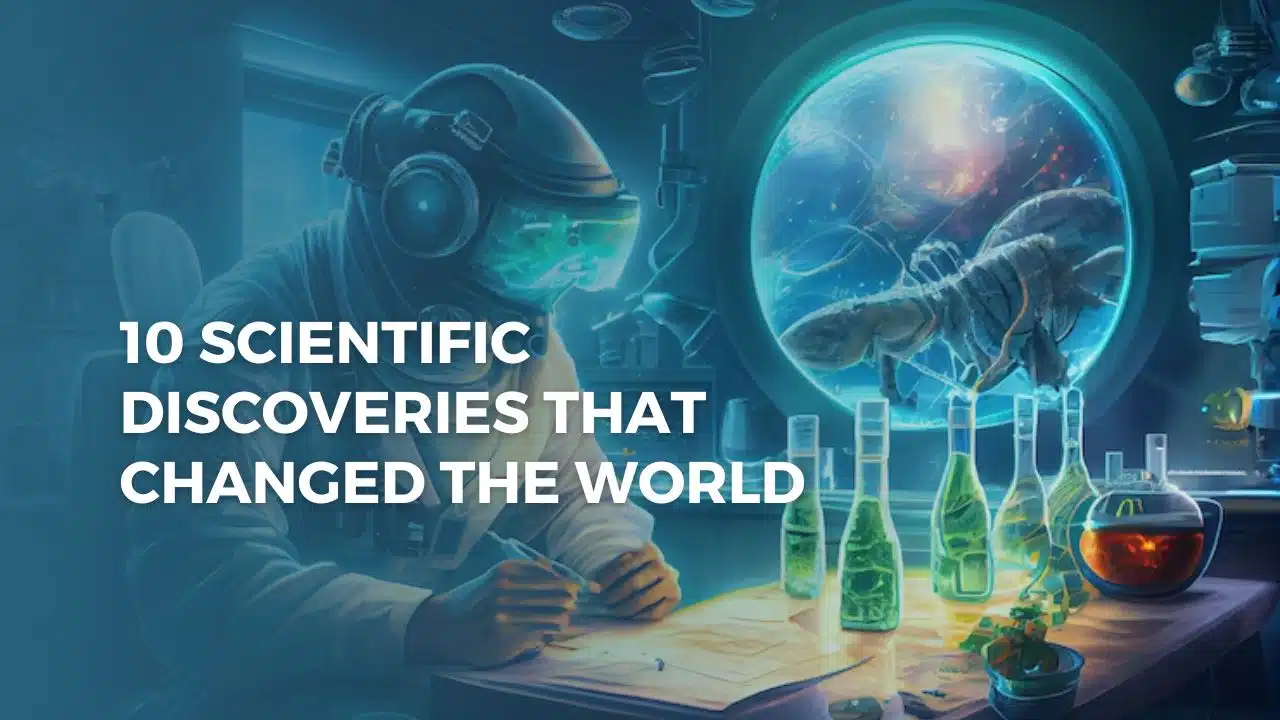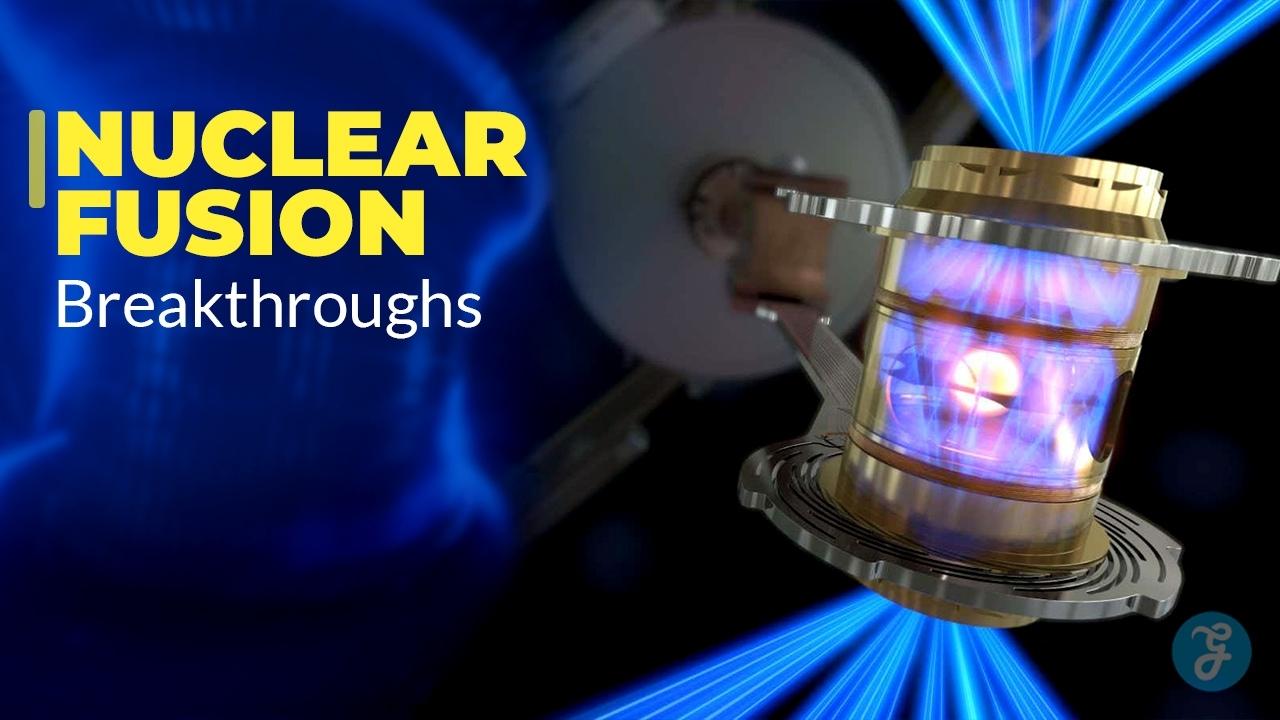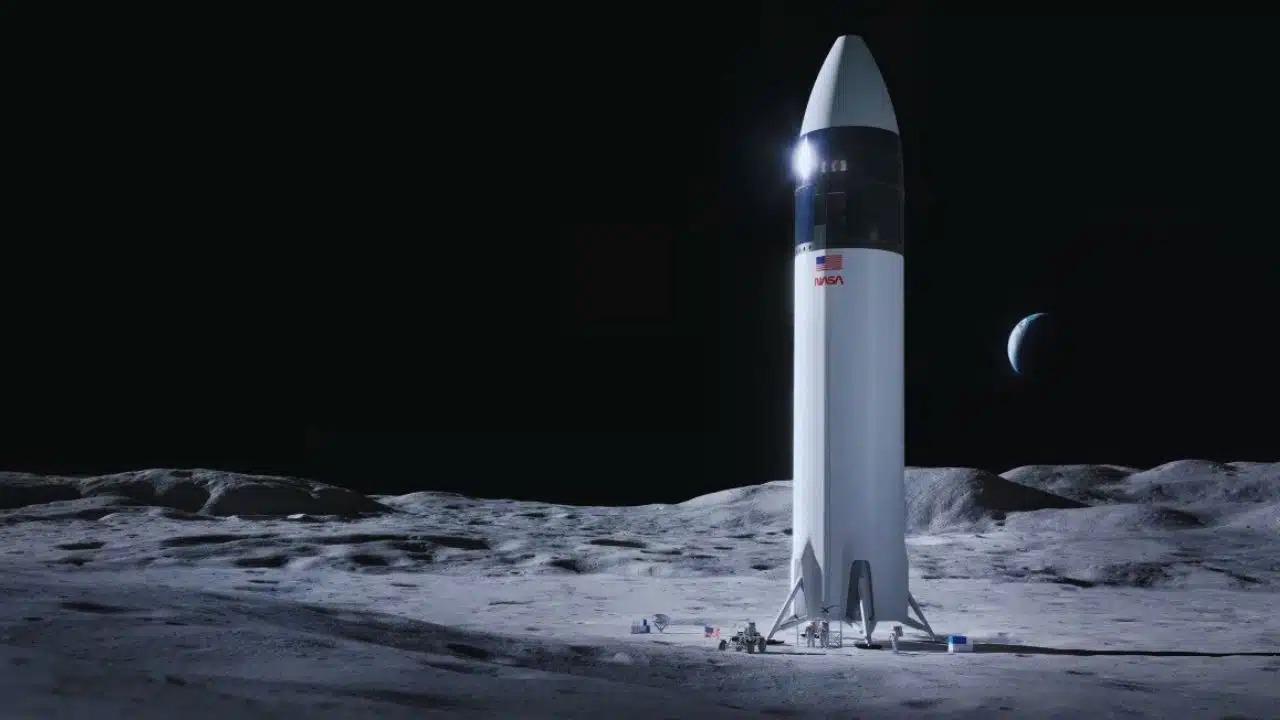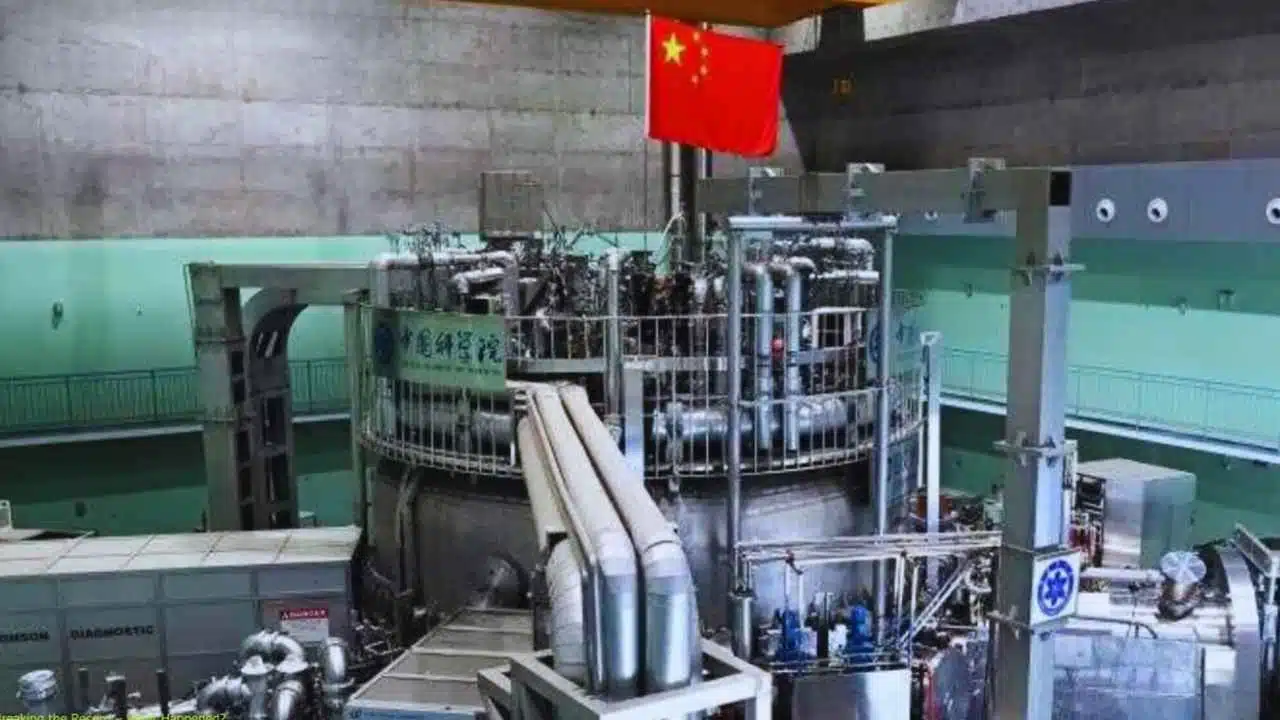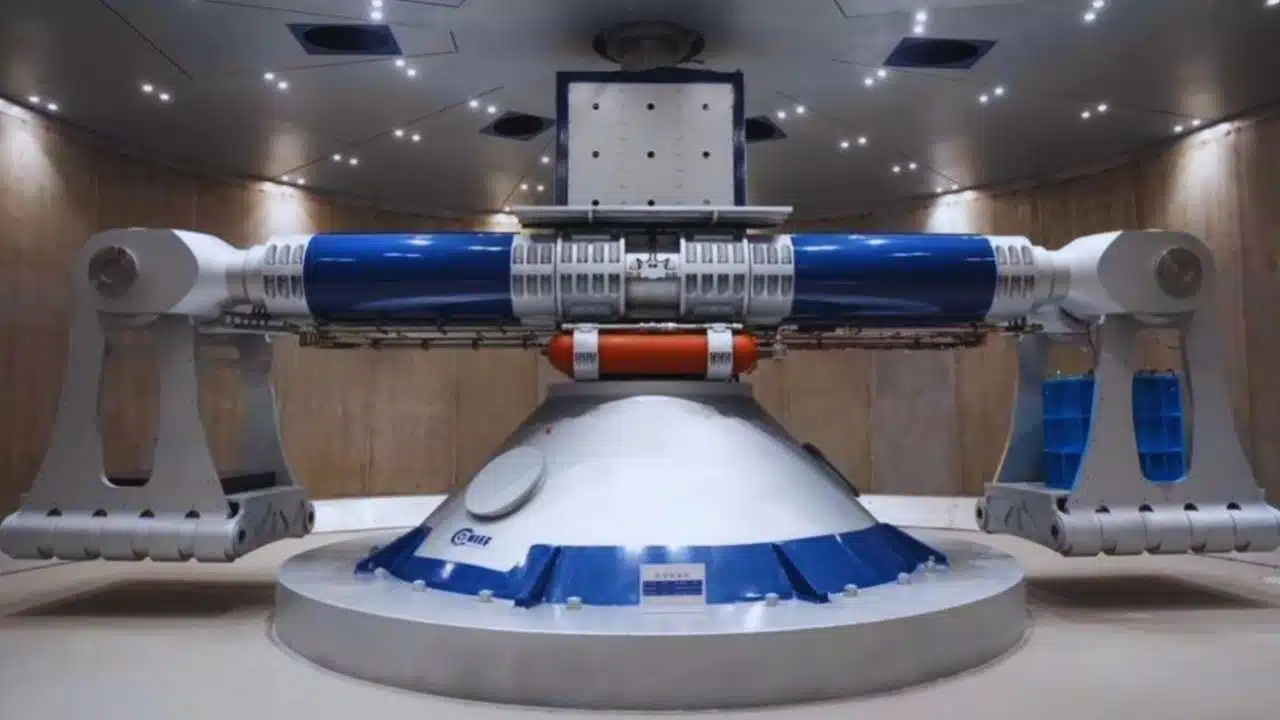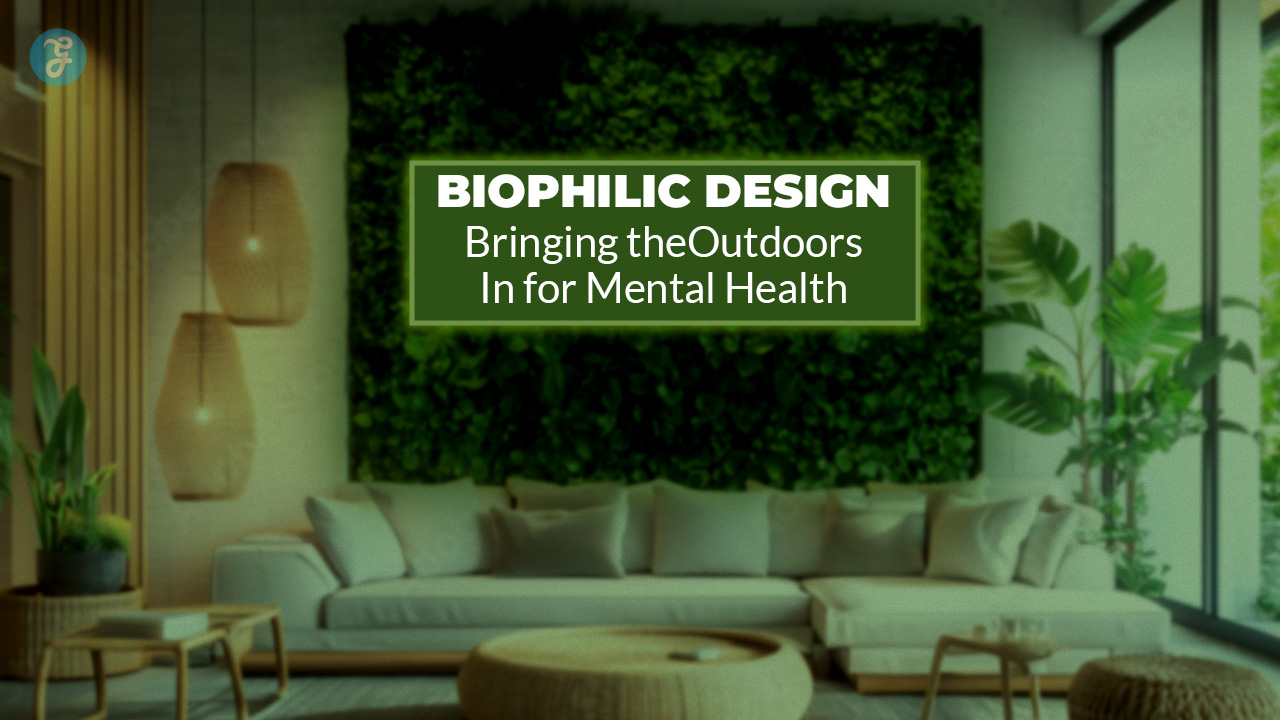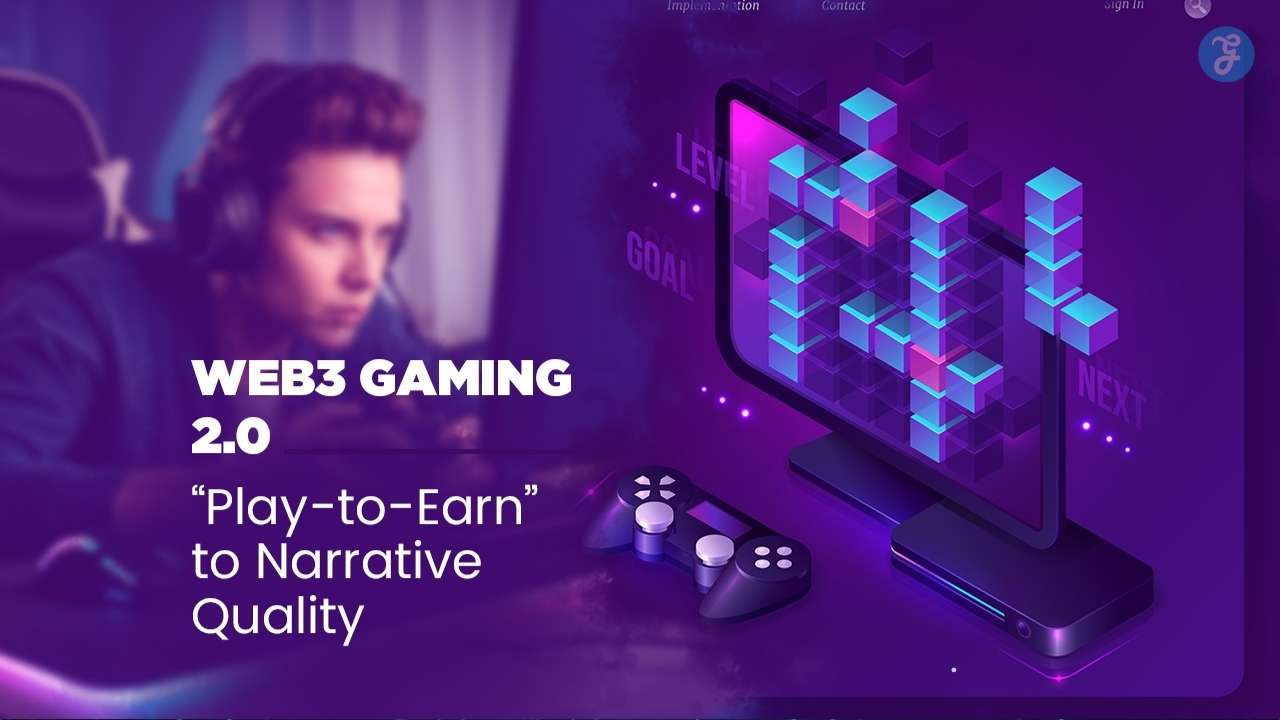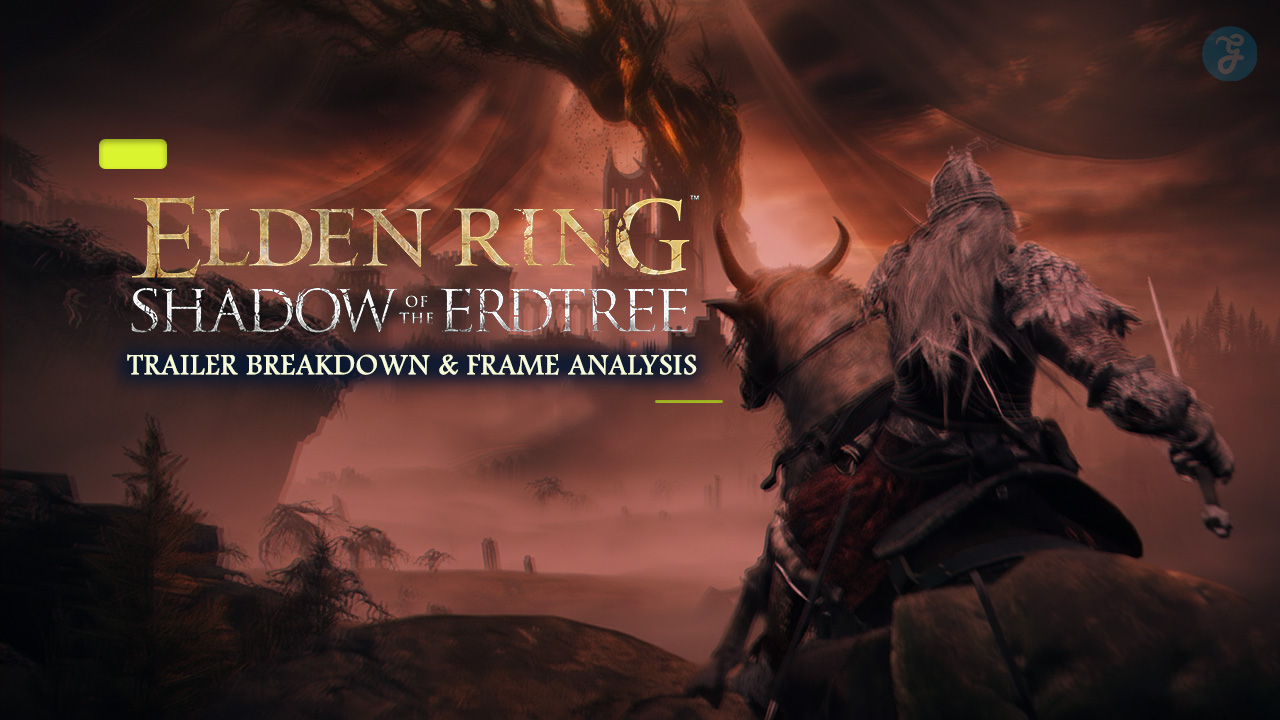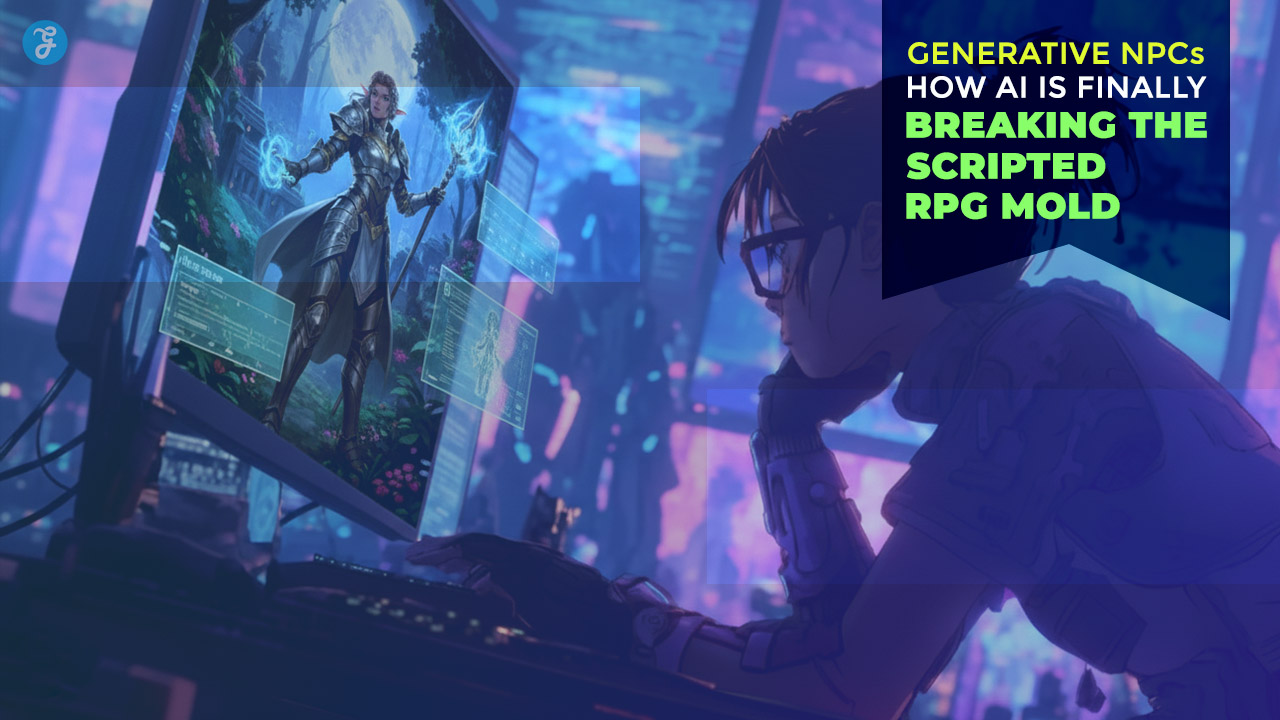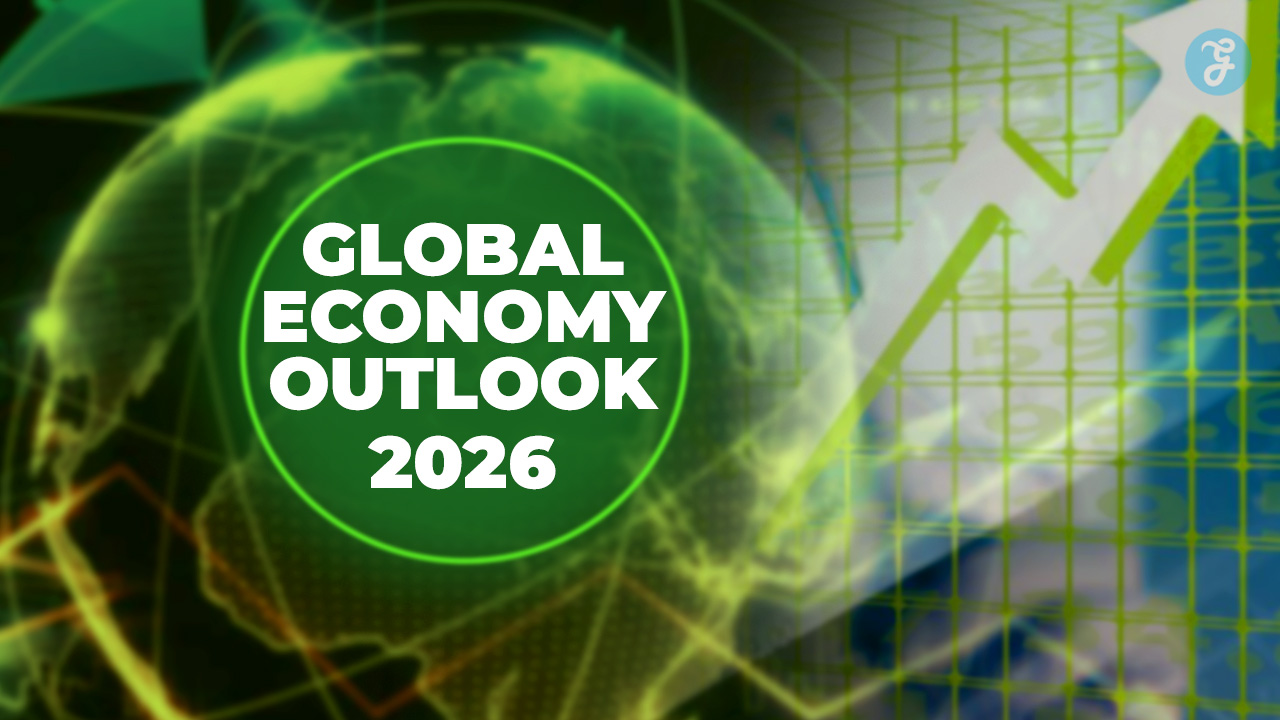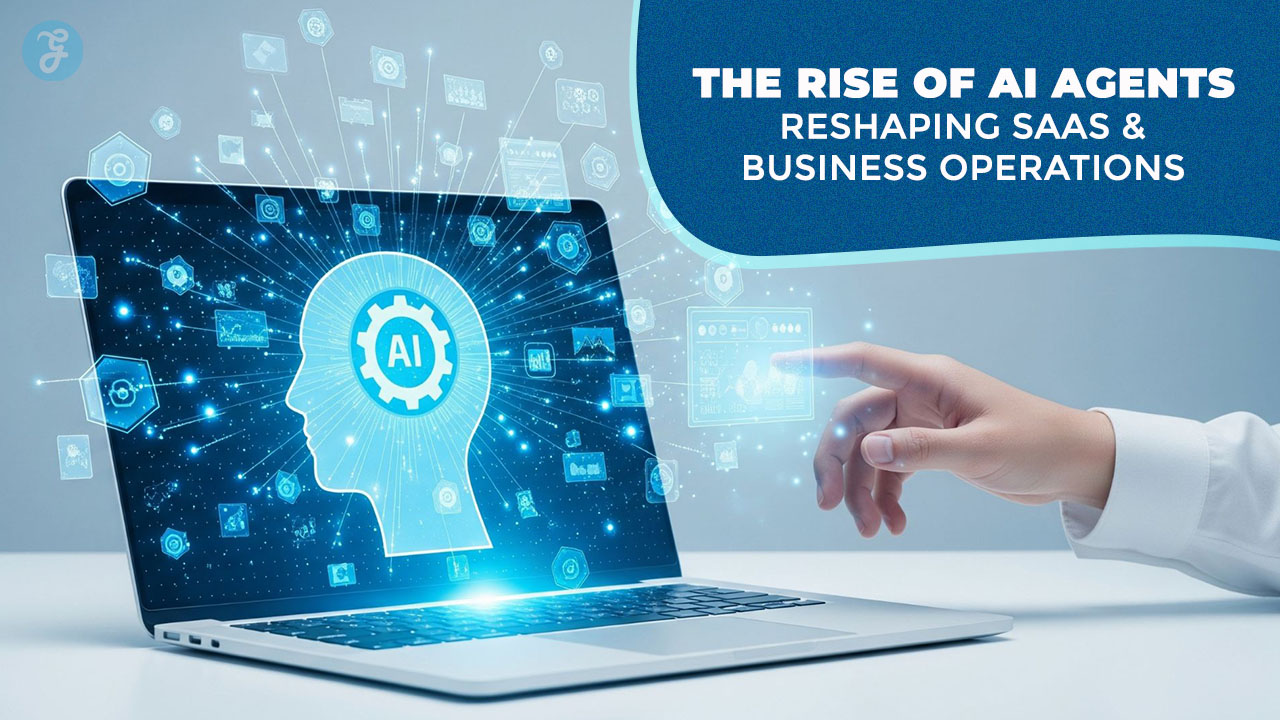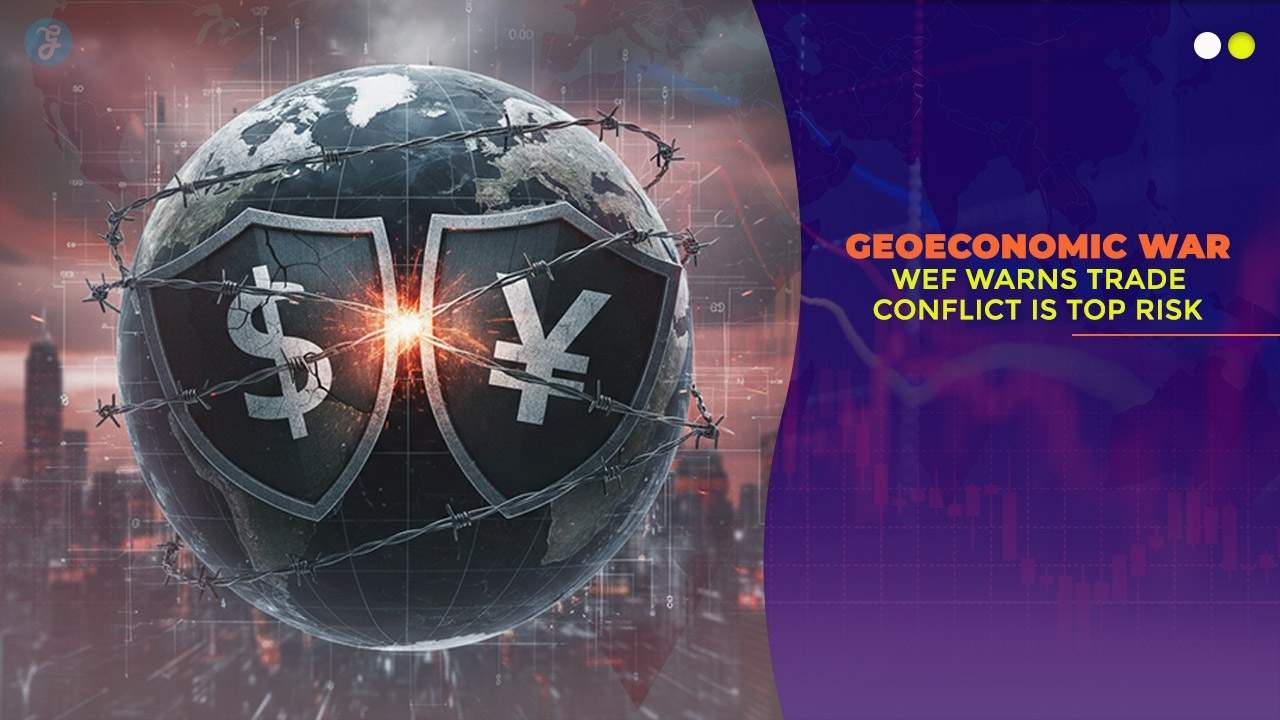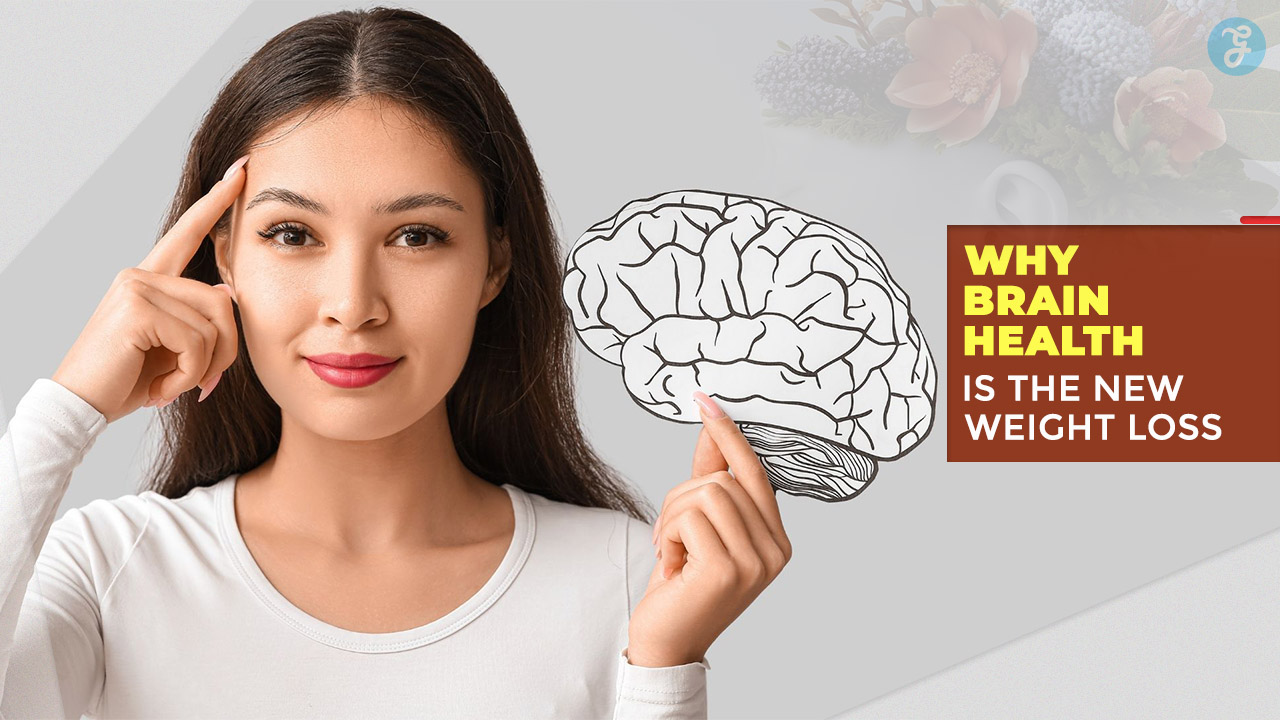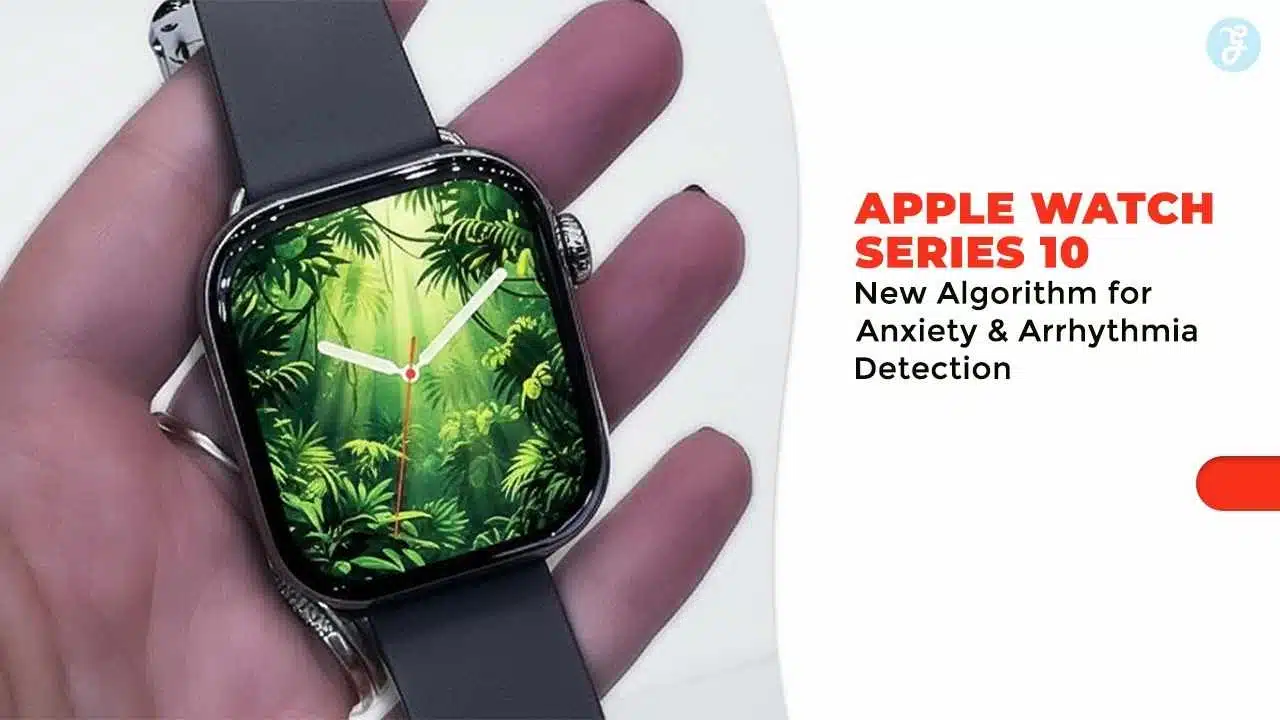The history of science is filled with key discoveries and innovations that quite literally changed the course of human history. Many of the things we take for granted today were once groundbreaking scientific revelations. From explaining incredible natural phenomena to combating diseases, scientific breakthroughs have opened new doors for advancement and improved the way we live.
As we’ve accumulated scientific knowledge through history, pioneers have made connections that were not previously realized. Careful experimentation and deductions built a foundation for understanding ourselves and the world around us. Some discoveries overturned existing ideas, while others unearthed completely unknown phenomena. But all of them greatly expanded the possibilities of human knowledge and ability in ways both small and profoundly transformational.
Content Highlights
- Seminal scientific discoveries throughout history have upended assumptions about nature and enabled transformative new technologies.
- Uncovering foundational insights like germ theory, electromagnetism, and DNA built a body of knowledge responsible for incredible progress.
- Revolutionary ideas often faced skepticism initially before irrevocably changing scientific consensus and the trajectory of human capability when proven correct.
- Fields like medicine, energy, materials science, and molecular biology rely directly on pioneering scientific breakthroughs that upend paradigms.
- Oxygen identification, vaccination, the theory of relativity, plate tectonics, and more discoveries revealed previously unknown facets of reality that shaped modernity.
Let’s explore some of the most influential discoveries throughout scientific history that contributed to incredible leaps in technology, health, understanding, and capability—discoveries so revolutionary that they changed the world.
Penicillin
In 1928, Sir Alexander Fleming accidentally discovered the world’s first antibiotic, penicillin. This discovery signaled a new era of modern medicine. When Fleming returned from vacation, he realized that a mold called Penicillium was killing bacteria in a petri dish that was previously left alone.
After extensive research and testing, penicillin was mass-produced and used to effectively treat bacterial infections during World War II. This reduced the death rate from bacterial infections tremendously.
Today, antibiotics are still used globally to fight harmful pathogens. Penicillin and its descendants have increased life expectancy enormously by enabling us to combat diseases and complications from infection.
Theory of Relativity
In 1915, Albert Einstein published his famous General Theory of Relativity, which fundamentally changed our understanding of physics and astronomy. His revolutionary work explained perplexing oddities about the behavior of light and motion in space that classical physics failed to account for.
The equations Einstein derived showed that gravity arises from the curvature of spacetime by mass. These groundbreaking realizations allowed astronomers to accurately model everything from black holes to the Big Bang via equations from Einstein’s theory. It also led to indispensable practical technologies like GPS satellite coordination.
DNA Structure
When James Watson and Francis Crick discovered the double-helix structure of DNA molecules in 1953, it marked a milestone in the history of science. This groundbreaking accomplishment laid the foundation used to unravel innumerable medical mysteries and made modern biotechnology possible.
Understanding DNA gave scientists the ability to sequence and manipulate genetic code. Today, genetics informs fields ranging from forensic science to agriculture. Gene therapy, genetically modified organisms, and the entire biotechnology industry owe a debt to the ingenious modeling of DNA’s shape.
Germ Theory of Disease
When 19th-century scientists like Louis Pasteur conceived the idea that tiny microorganisms were responsible for contagious diseases, it revolutionized medicine and public health. For example, around half a million people died every year of puerperal fever in the 18th century. But in 1847, Dr. Ignaz Semmelweis connected the dots to propose handwashing between patients to stop disease transmission via invisible “particles.”
This discovery of infectious pathogens founded microbiology. It enabled monumental medical advances like vaccination, sterile techniques, and antimicrobial drugs that saved countless lives by preventing infections that were once deadly.
Einstein’s Mass-Energy Equivalence
With his famous equation E=mc^2 in 1905, Einstein demonstrated that mass and energy are interchangeable. This counterintuitive concept that matter could be converted into pure energy, and vice versa, formed the foundation for nuclear technology.
Both nuclear power and atomic bombs rely directly on Einstein’s equation to convert matter into immense amounts of energy, for better or worse. This extraordinary idea that mass itself is a form of trapped energy continues to yield groundbreaking advances like radiation therapy for cancer patients.
Heliocentric Solar System
Today, it seems obvious that the Earth and other planets revolve around the sun. But in the 16th century, Nicolas Copernicus turned the scientific world upside-down by correctly proposing a heliocentric model of the solar system instead of the prevailing Earth-centered model.
While met with controversy at the time for contradicting religious dogma, Copernicus’ sun-centered concept was adopted after Galileo Galilei provided key supporting evidence via the newly invented telescope. This breakthrough discovery marked the dawn of modern astronomy. It set science on a path that prioritized evidence over preconceived notions.
Electromagnetism
The unification of electricity and magnetism in the 19th century laid the foundation for countless modern technologies that utilize electronic signals. In 1820, Hans Christian Orsted discovered that electric currents induce magnetic fields. Building on his work linking the phenomena, Michael Faraday invented electric generators and motors.
These revolutionary ideas gave rise to electric power grids, which enable widespread access to electricity worldwide. Later scientists demonstrated that light itself was a form of electromagnetic radiation, enabling everything from radio broadcasts to GPS using principles based in electromagnetism derived from these pioneers.
Smallpox Vaccine
Edward Jenner created the world’s first vaccine in 1796 to battle smallpox, one of history’s deadliest diseases. By introducing an infectious agent similar to smallpox but non-lethal, Jenner induced immunity to the disfiguring killer that plagued populations for centuries.
After the smallpox inoculation was developed, cases plummeted globally. It became the first virus to be completely eradicated in nature, thanks to widespread vaccination. This incredible medical advancement pioneered vaccination and spawned the development of essential vaccines, protecting billions from infectious diseases like polio, measles, and influenza.
Plate Tectonic Theory
Continental drift was a radical geological theory proposed by Alfred Wegener in 1912. He suggested that Earth’s continents were once joined together and shifted apart slowly over eons. Wegener’s ideas were initially rejected for lack of an explanatory process.
But in the 1960s, Harry Hess’s hypothesis of seafloor spreading via plate tectonics built on Wegener’s theory to demonstrate why and how continents drift. This established the foundation of modern geology, creating a framework to understand earthquakes, volcanoes, and related phenomena resulting from plates moving beneath one another.
Discovery of Oxygen
Air was once thought to be a single element until revolutionary 18th-century experiments revealed it contained at least one other component. Carl Scheele and Joseph Priestly independently discovered oxygen in the 1770s, although Antoine Lavoisier named and defined it.
Identifying the active component in air was a monumental step in confirming oxygen’s life-giving role in respiration, which every animal depends on. Additionally, oxygen’s relationship with combustion spawned new possibilities in metallurgy, materials, rocketry, and chemical analysis methods that have become indispensable across physics, engineering, medicine and beyond.
Takeaway
Human progress depends profoundly on visionaries who expand the frontiers of knowledge with radical new insights about ourselves and the universe. Scientific discovery, perhaps more than any human endeavor, epitomizes this pioneering spirit by relentlessly seeking to conquer the yet unknown. When we uncover nature’s best-kept secrets, they irrevocably shake the foundations of the status quo.
The revolutionary scientific breakthroughs we explored embody this. At the time, each sounded impossible, even heretical. But being on the vanguard of discovery required challenging assumptions about what the world’s rules even are. By earnestly seeking answers with an open yet sharply critical mind, scientists made once-unimaginable advancements that changed the course of civilization. There are doubtlessly many more horizon-breaking discoveries on the leading edge. What we accept as common knowledge today will surely be amended by the breakthroughs of tomorrow.
Frequently Asked Questions
Which scientific discovery is the most important ever?
There’s no consensus on the most important scientific discovery. Good cases can be made for many, including evolution by natural selection, the germ theory of disease, the double helix structure of DNA, and Einstein’s theory of relativity. Mastering physics and astronomy to land on the moon could also be considered one of humanity’s greatest scientific achievements.
Ultimately, there are countless critical advances across the sciences responsible for the modern world. The interdisciplinary web of human knowledge makes it difficult to isolate the single most important ideas when foundational discoveries enable progress across fields.
What are the five greatest scientific discoveries?
While any “greatest” list is somewhat subjective given science’s interconnectedness, here are 5 discoveries that profoundly advanced human civilization:
1. Germ theory of disease
2. Vaccination
3. Electricity utilization
4. Atomic structure
5. DNA double-helix structure
Again, it’s impossible to be definitive, and cases can be made for many others. Special relativity, evolution, plate tectonics, oxygen discovery, and more could easily make the list for enabling incredible progress scientifically and technologically.
Who made the most important discovery of all time?
No individual made the unambiguous most important discovery, but filling fundamental gaps in human knowledge about ourselves and the universe created foundations that made modern life possible.
For example, Copernicus discovered that Earth revolves around the sun, upending astronomy. Roentgen discovered x-rays, revolutionizing medicine. The transistor, penicillin, and vaccination also have viable claims of transforming civilization.
Men like Newton, Darwin, and Einstein made intellectual leaps explaining gravity, evolution, and relativity that changed how humanity perceives reality. Marie Curie’s work discovering radiation also opened new realms of physics. On balance, no single scientist has a monopoly on the most important discovery.


